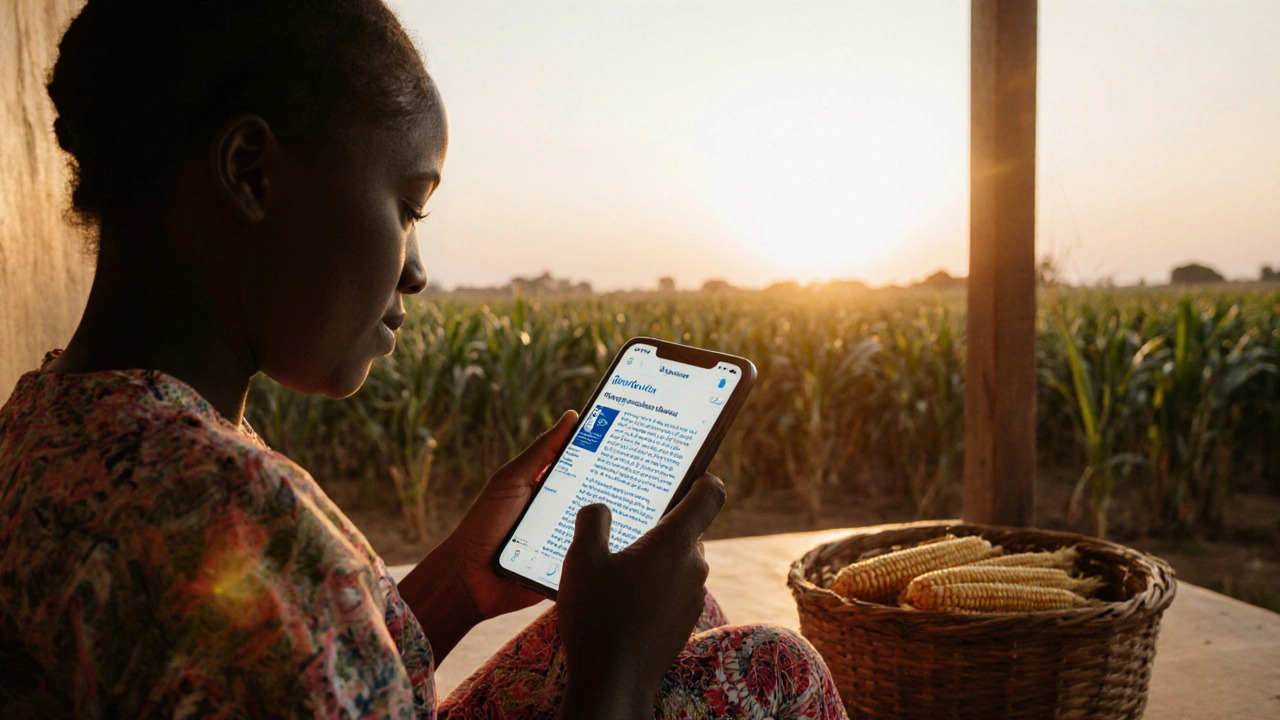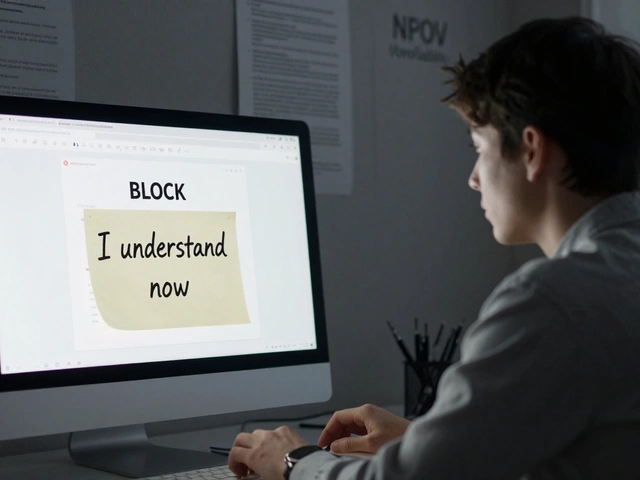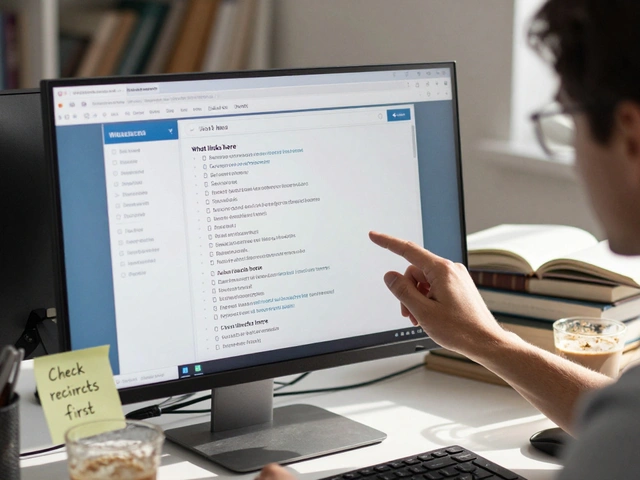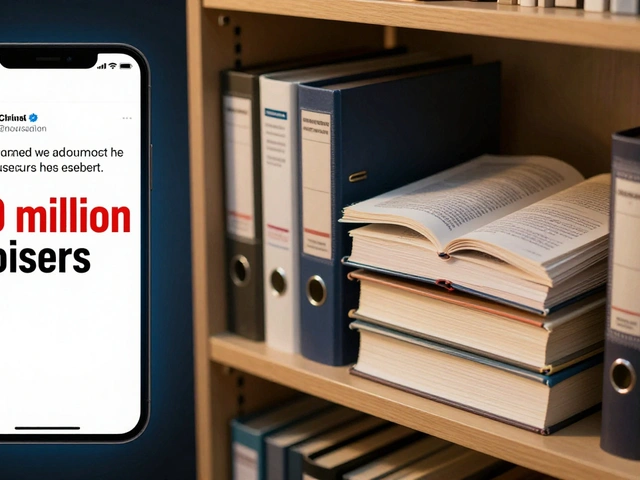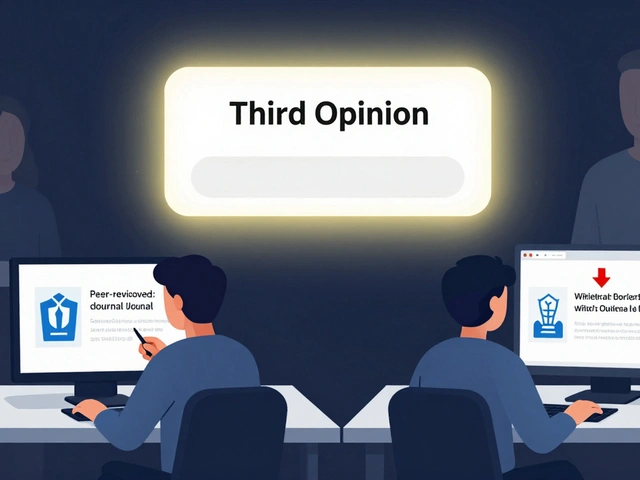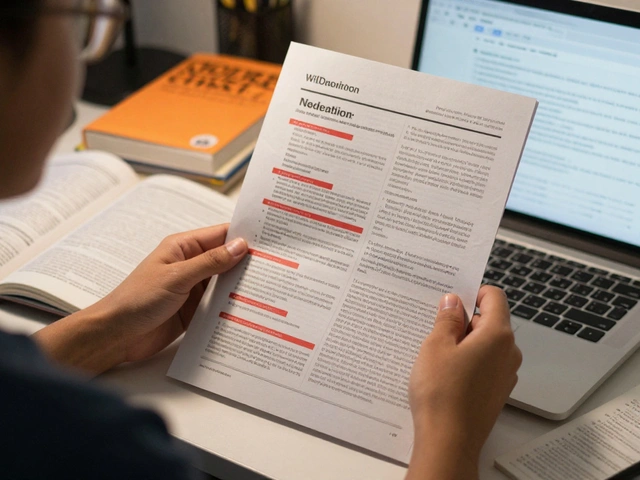African language Wikipedias: How Local Voices Are Shaping Global Knowledge
When you think of Wikipedia, you probably picture English articles — but African language Wikipedias, Wikipedia editions written in languages like Yoruba, Swahili, Zulu, and Amharic. Also known as indigenous language Wikipedias, these projects are where local knowledge meets global access — and they’re being built by people who live it, not just translate it. There are over 60 African language versions of Wikipedia, some with just a few hundred articles, others with tens of thousands. What they all share is a mission: to make sure African perspectives aren’t left out of the world’s largest encyclopedia.
These projects don’t happen by accident. They rely on Wikimedia grants, funding that supports local communities to create content, train new editors, and host edit-a-thons. In Ghana, volunteers used grant money to train high school teachers to write about local history in Twi. In Ethiopia, students built articles on traditional medicine using oral sources — something no English Wikipedia article had captured. These aren’t just translations. They’re new knowledge, created from the ground up. And they’re not just for locals. Researchers, journalists, and diaspora communities use them to find accurate, culturally grounded information you won’t find elsewhere.
The people behind these Wikipedias are often volunteer editors, local contributors who edit in their native tongue without pay, often with limited internet or tech support. Many are women, elders, or rural residents — groups usually invisible in global tech spaces. They’re not chasing fame or clicks. They’re fixing gaps: correcting colonial-era misrepresentations, adding local names for plants and medicines, documenting oral traditions before they’re lost. Their work is quiet, but it’s powerful. It’s the difference between reading about your culture in a foreign language — and reading about it in the language your grandmother spoke.
These efforts face real challenges. Many African language Wikipedias lack reliable sources, face low public awareness, and struggle with technical barriers like font support or mobile editing. But they’re growing. And they’re changing how we think about who gets to write history. Behind every article in Swahili or Hausa is a decision: this matters. This belongs here. This is worth saving.
Below, you’ll find real stories from the frontlines — how grants turned into articles, how editors fought censorship, how communities used Wikipedia to preserve their own stories. These aren’t abstract trends. They’re lives, languages, and legacies being written, one edit at a time.
African Language Wikipedias: Building Knowledge Resources
African language Wikipedias are growing fast, letting communities build digital knowledge in their mother tongues. From Swahili to Yoruba, these projects are rewriting how knowledge is shared across the continent.
